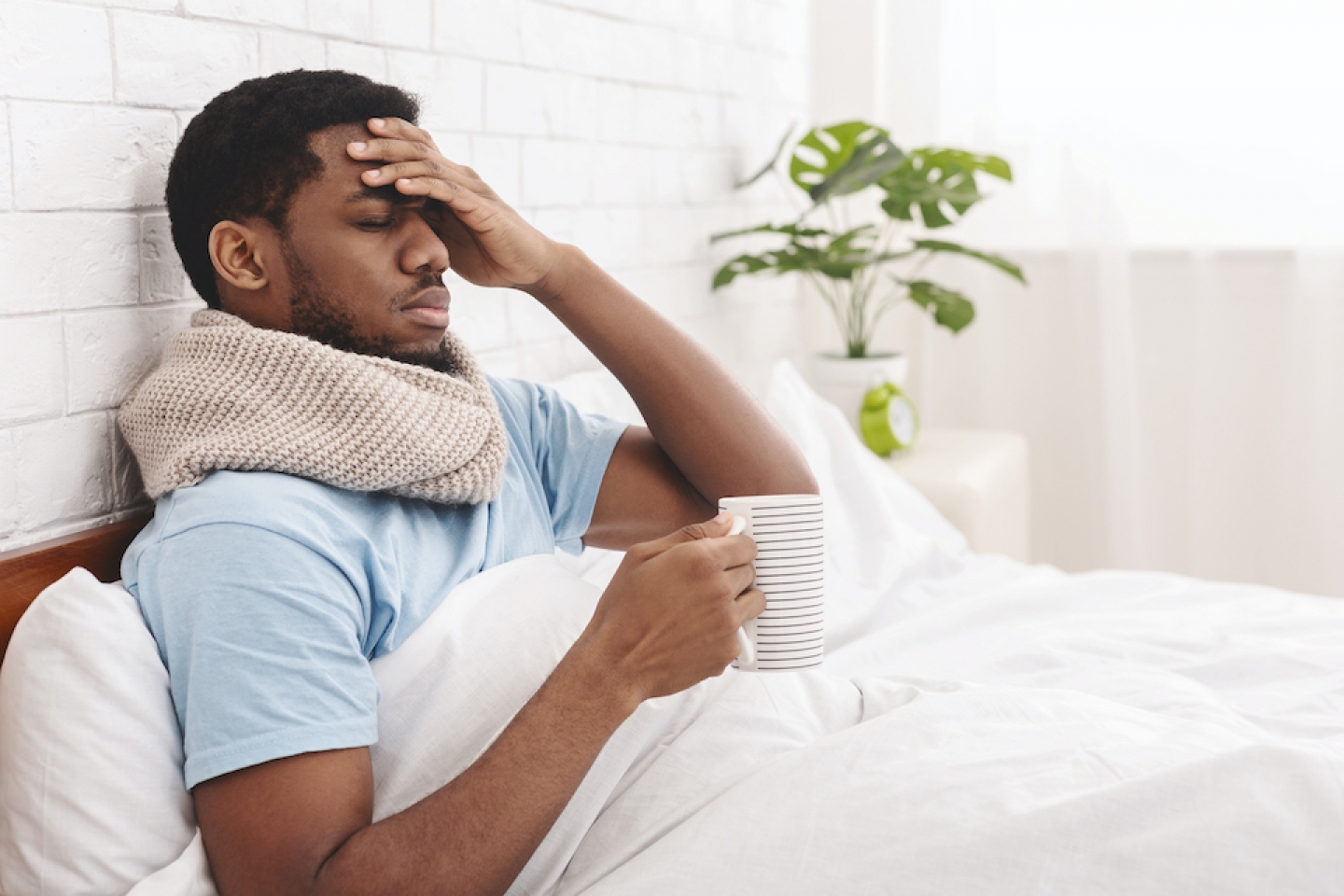
You’re vaccinated against COVID-19. You’re boosted. You wear a mask and maintain social distance. You also feel fine. Nevertheless, you just tested positive. What do you do?
Don’t be surprised.
The Omicron variant, which is fueling the current surge of COVID-19 nationwide and globally, has a higher viral load than Delta, which makes it much more contagious. This is why it is spreading so fast, even among people who are vaccinated.
The good news is that, although Omicron causes similar symptoms as Delta, including cough, fever, and fatigue, it seems less likely to cause severe disease—especially if you are vaccinated.
Yet, regardless of your vaccination status, you must take every precaution to protect others from infection if you test positive.
According to the latest guidance from the Centers for Disease Control, anyone who tests positive for COVID-19 should:
You needn’t take another test to verify your initial test result, since a positive home test is overwhelmingly likely to be a true positive and taking another is wasteful, expensive, and unnecessary, say internists Paul Fenyves, MD and Adam R. Stracher, MD.
You also needn’t repeat a test once you’re feeling better. The CDC says that if you have tested positive for COVID-19 within the past three months, recovered and have no new symptoms, then you do not need to re-test, since tests, depending on the type, can stay positive for weeks or months. “There is absolutely no need to test before leaving self-isolation,” Dr. Fenyves adds.